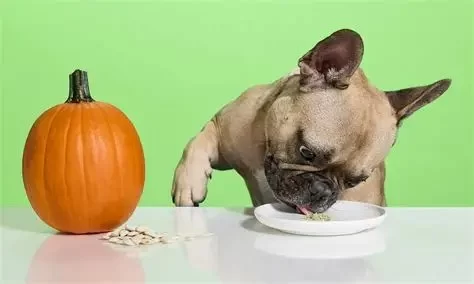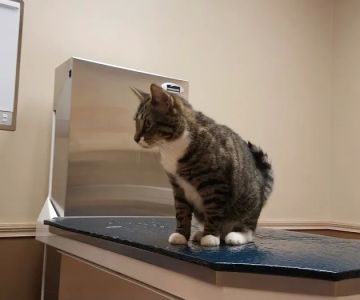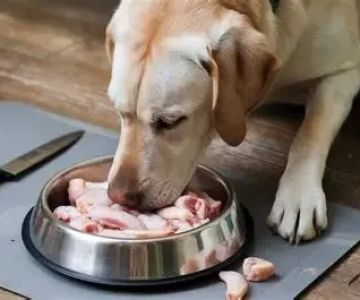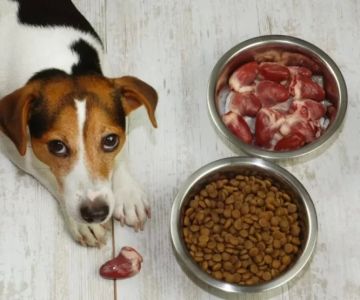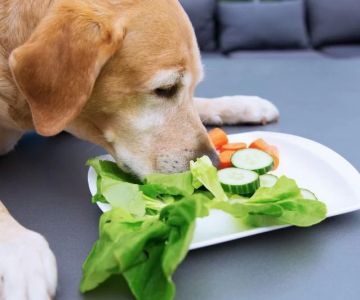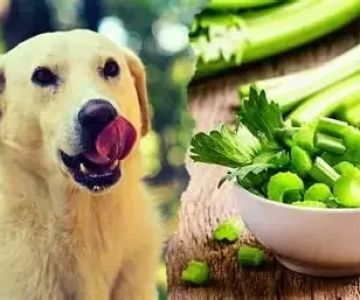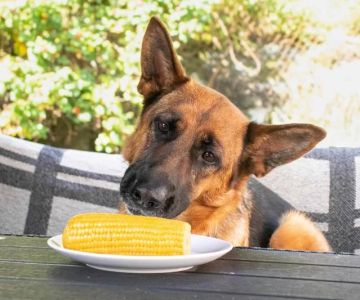Can Dogs Eat Pumpkin Seeds? A Comprehensive Guide
1. Introduction to Pumpkin Seeds and Their Benefits
Pumpkin seeds, also known as pepitas, are a popular snack for humans, often lauded for their nutritional value. But what about our furry friends? Can dogs eat pumpkin seeds? The answer is yes, but with some important considerations. Pumpkin seeds can offer several health benefits for dogs when given in moderation and prepared correctly. In this article, we will explore the potential benefits and risks of feeding pumpkin seeds to dogs, how to prepare them, and when it’s best to consult a veterinarian.
2. Nutritional Benefits of Pumpkin Seeds for Dogs
Pumpkin seeds are packed with essential nutrients that can benefit your dog’s health. Some of the key nutrients found in pumpkin seeds include:
2.1 High in Protein
Protein is essential for your dog’s muscle development and overall health. Pumpkin seeds are an excellent source of plant-based protein, making them a great addition to your dog's diet in moderation.
2.2 Rich in Fiber
Fiber helps support your dog’s digestive system and promotes healthy bowel movements. Pumpkin seeds contain a good amount of fiber, which can aid in digestion and alleviate constipation in dogs.
2.3 Packed with Antioxidants
Antioxidants play a critical role in fighting free radicals and reducing inflammation. The antioxidants found in pumpkin seeds, such as vitamin E and carotenoids, can help keep your dog’s immune system strong and protect against various diseases.
2.4 Contains Essential Fatty Acids
The healthy fats found in pumpkin seeds, including omega-3 and omega-6 fatty acids, help maintain healthy skin and a shiny coat for your dog. These fats also promote overall heart health and contribute to joint health.
3. Risks and Considerations
While pumpkin seeds can provide health benefits, there are some important factors to keep in mind to ensure your dog’s safety:
3.1 Moderation is Key
As with any treat, moderation is key. Pumpkin seeds are high in fat and calories, and giving your dog too many can lead to weight gain or digestive upset. Always offer pumpkin seeds in moderation and as part of a balanced diet.
3.2 Potential Choking Hazard
While the seeds themselves are not harmful to dogs, the shells can pose a choking hazard, especially for small dogs. It is recommended to remove the shell and offer only the soft, edible inner part of the seed. You can also grind them into a fine powder to add to your dog's food.
3.3 Allergies
Some dogs may have food allergies or sensitivities. While pumpkin seeds are generally considered safe, always monitor your dog for any signs of an allergic reaction, such as itching, swelling, or digestive upset. If any of these symptoms occur, discontinue feeding pumpkin seeds and consult your veterinarian.
4. How to Prepare Pumpkin Seeds for Your Dog
To ensure your dog’s safety and maximize the health benefits, it’s important to prepare pumpkin seeds correctly:
4.1 Remove the Shells
The shells of pumpkin seeds are tough to digest and may cause discomfort for your dog. Always remove the shell before offering the seeds to your dog.
4.2 Serve Them Raw or Roasted
You can feed your dog raw or roasted pumpkin seeds, but avoid using any seasoning, salt, or oil, as these can be harmful to dogs. Roasting the seeds is fine as long as they are not cooked with added ingredients.
4.3 Grind or Chop for Easy Consumption
For easier digestion, consider grinding the pumpkin seeds into a powder or chopping them into small pieces before adding them to your dog’s food. This can help prevent choking and ensure your dog gets the full nutritional benefits.
5. When to Consult a Veterinarian
If you’re unsure about whether pumpkin seeds are a good addition to your dog’s diet or if you notice any unusual symptoms after feeding them, it’s always a good idea to consult your veterinarian. They can help determine the appropriate portion size based on your dog’s size, age, and health condition.
6. Conclusion
Pumpkin seeds can be a healthy, nutritious treat for your dog when given in moderation and prepared properly. Packed with essential nutrients like protein, fiber, and healthy fats, pumpkin seeds can support your dog’s overall health, including digestion, coat quality, and immune function. However, it’s important to ensure that the seeds are shelled and served in moderation to avoid any health risks.
As always, if you have any concerns about your dog’s diet or health, don’t hesitate to reach out to a trusted veterinarian. If you’re looking for more information on dog health or need assistance with your dog’s wellness, visit Hidden Brook Veterinary for expert advice and services.

